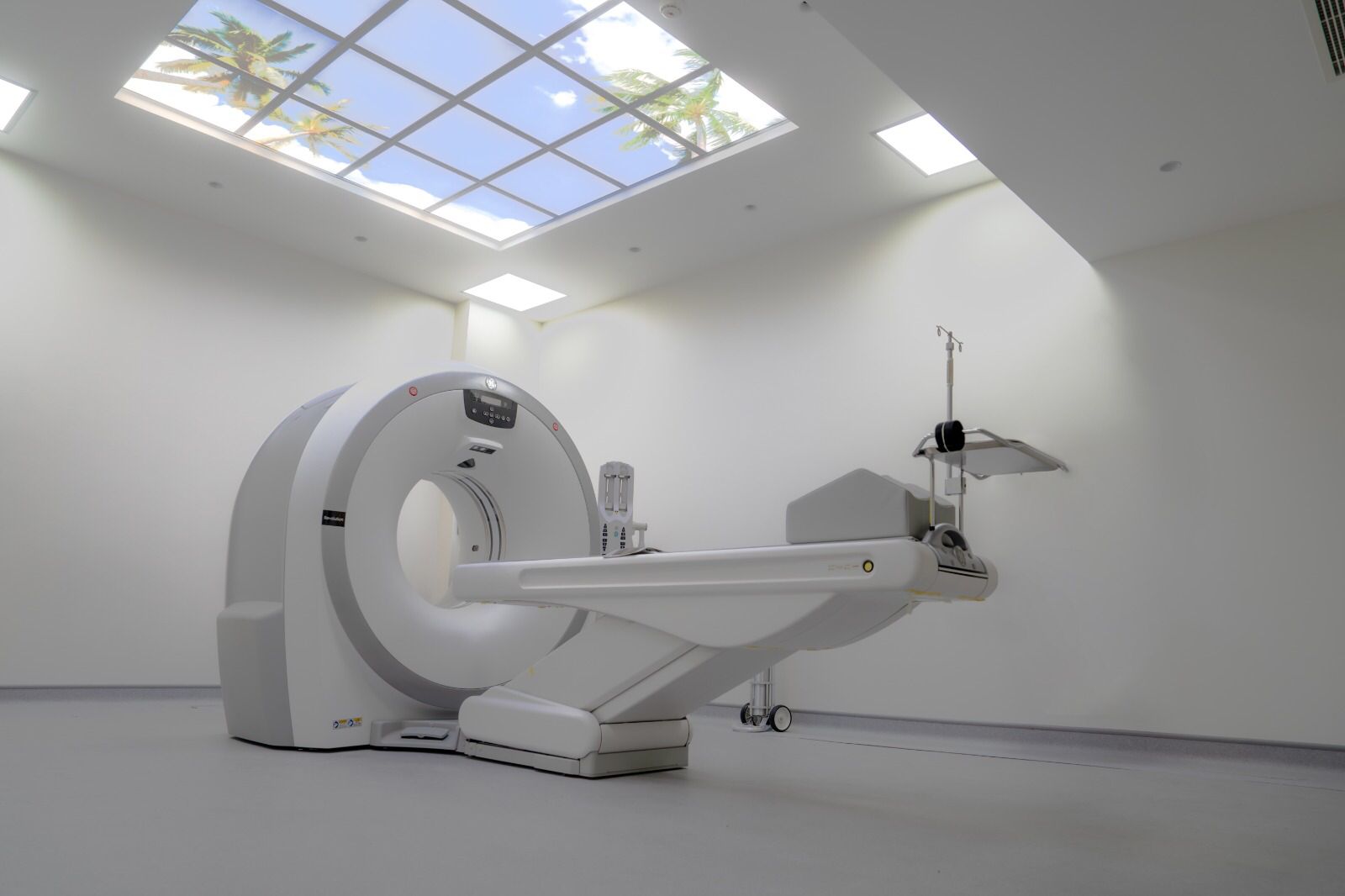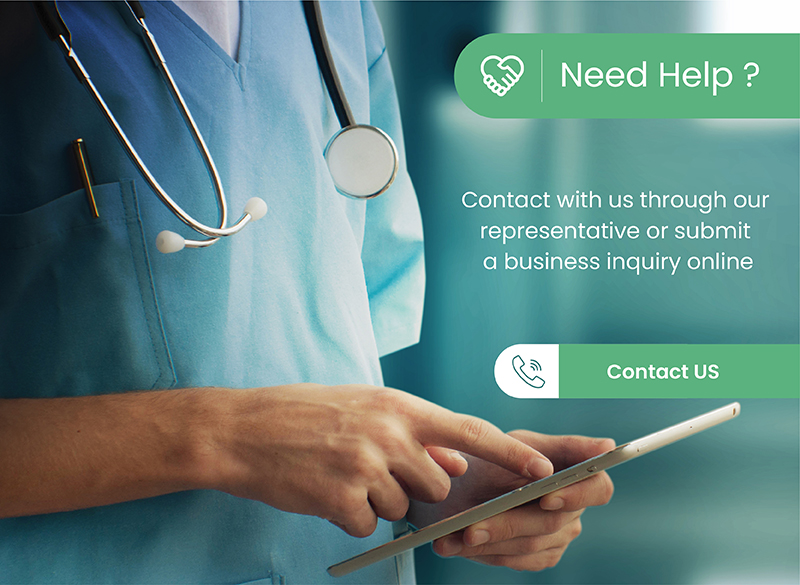CT Scan
Make an Appointment
Online Schedule

A Better CT Experience
Our Center has GE Revolution ACT CT Scanner with 32 Slices machine
What is a CT?
CT or CAT Scans (computerized axial tomography)
A CT scan uses x-ray technology to produce cross sectional, computerized images of internal organs and body structure. They are frequently used to detect tumours, inflammatory conditions, stroke, obstructions, trauma, and kidney stones.
- CT scans can detect bone and joint problems, like complex bone fractures and tumours.
- If you have a condition like cancer, heart disease, emphysema, or liver masses, CT scans can spot it or help doctors see any changes.
- They show internal injuries and bleeding, such as those caused by a car accident.
- They can help locate a tumour, blood clot, excess fluid, or infection.
- Doctors use them to guide treatment plans and procedures, such as biopsies, surgeries, and radiation therapy.
- CT Scanning includes: Bone, Head, Chest, Neck, Pelvic, Kidneys, Spine, and Others.
Prep for your exam
Abdomen CT without IV / oral contrast
Abdomen CT with IV / oral contrast
What you should know Answers to frequently asked questions.
CT scans do expose you to radiation. Most at risk: Pregnant women and children.
Before the test, your technologist will likely ask about:
At the healthcare facility:
- A healthcare professional will explain the test and answer any questions you may have.
- You may be asked to remove your clothes and put on a gown or robe.
- You may be asked to remove all jewelry, hair clips, dentures, and other objects that could show on the x-rays and make the images hard to read.
- If your CT scan includes oral contrast material, you will need to drink the contrast material at this time.
You will lay (usually on your back) on a movable bed. The bed will slide into the donut-shaped CT scanner. Depending on the type of scan, an IV line may be placed in your hand or arm. A saline solution and contrast material may be injected into your vein during the test. The technologist will leave the room. You will be given directions using an intercom. The machine will take a series of pictures of the area of your body that is being studied. Your bed may move slightly between pictures.
The test takes about 10-15 minutes, depending on how many pictures are needed. You may feel warm and flushed if contrast material is injected into your vein. Otherwise, you should feel no pain.
CT contrast may be ordered to allow for better visualization of specific organs and blood vessels. An IV will be placed in the vein to allow for the injection of contrast. During the injection, you may feel a warm sensation and experience a metallic taste, which is completely normal. The technologist will review the use of the contrast agent with you prior to the exam and answer any questions you may have.
After the test, call your doctor if you experience signs of an allergic reaction, like hives, itching, nausea, swollen or itchy eyes, tight throat or difficulty breathing.



